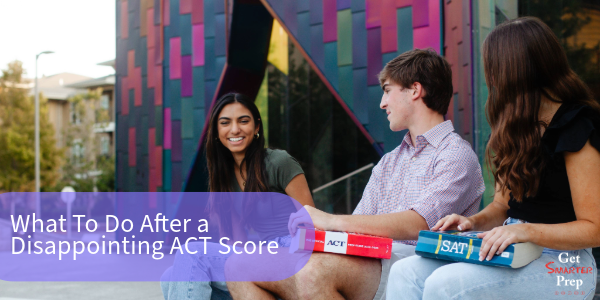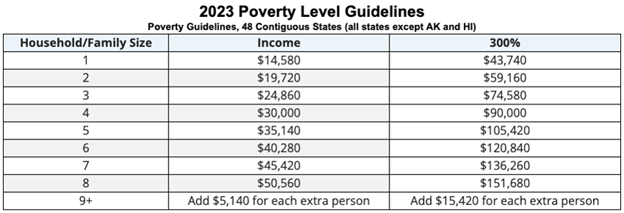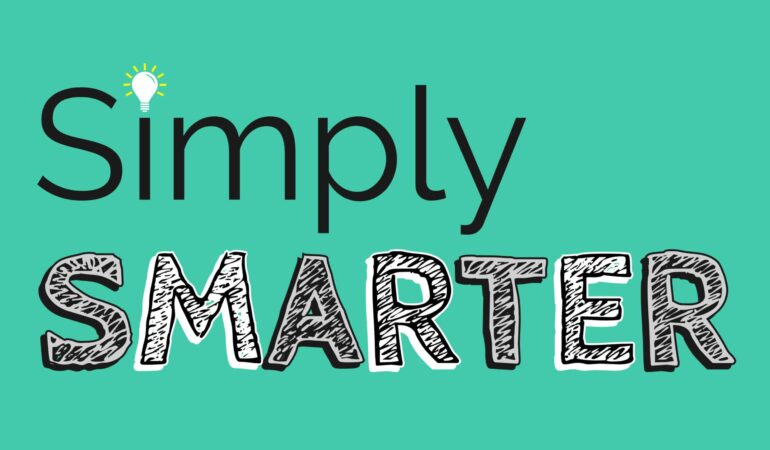Don’t Waste Time in College: A Guide to the ACCUPLACER Test
The ACCUPLACER test is an important step for many college students. It helps ensure you’re placed in courses that match your current skill level, saving you time and money. Here’s what you need to know about the ACCUPLACER to ace it and get started on the right foot in college.
Why Take the ACCUPLACER?
Many colleges use the ACCUPLACER to assess your reading, writing, and math abilities. This helps them determine if you’re prepared for college-level coursework. Earning a good score can mean skipping unnecessary developmental classes and jumping right into classes that count towards your degree.
How to Prepare for the ACCUPLACER
Most schools offering the ACCUPLACER also provide free study resources. These might include practice problems, review materials, or workshops. Check your school’s website or visit the learning center to see what’s available.
The College Board, which designs the ACCUPLACER, also offers free practice tests online. Taking practice tests familiarizes you with the format, identifies areas needing improvement, and boosts your confidence on test day.
Understanding Your Scores
The ACCUPLACER scores vary depending on the test. Reading, writing, quantitative reasoning, statistics, and advanced algebra/functions tests are scored between 200-300.
For the writing portion, there’s a separate scoring system (1-8) based on your essay’s clarity and persuasiveness.
There’s no “passing” or “failing” the ACCUPLACER. However, your score determines your course placement. Lower scores might mean taking developmental courses before tackling regular college classes.
What to Expect on Test Day
Most ACCUPLACER tests are multiple choice, with the exception of the writing test which requires an essay. There’s no time limit, so focus on giving your best effort and demonstrating your abilities.
The test is adaptive, meaning the difficulty of each question adjusts based on your previous answers. So, take your time and think carefully before selecting your answer.
The Different Sections of the ACCUPLACER
- Reading: Tests your ability to understand different types of text and vocabulary.
- Writing: Evaluates your editing and revising skills in a multi-paragraph text.
- Math:
- Arithmetic: Covers basic calculations, order of operations, and recognizing equivalent values.
- Quantitative Reasoning, Statistics, and Advanced Algebra/Functions: These cover topics like linear equations, inequalities, exponents, and factoring (no calculator allowed!).
The WritePlacer Essay
This section assesses your writing skills, crucial for college success. Your score reflects your ability to express, organize, and support your ideas. Focus on conveying your thoughts clearly and using proper grammar and mechanics.
By understanding the ACCUPLACER, preparing with practice tests, and familiarizing yourself with the different sections, you can approach the test with confidence and get placed in courses that challenge you and help you succeed in college. If extra help is needed, we offer one-on-one private tutorials to help you reach your goals.









